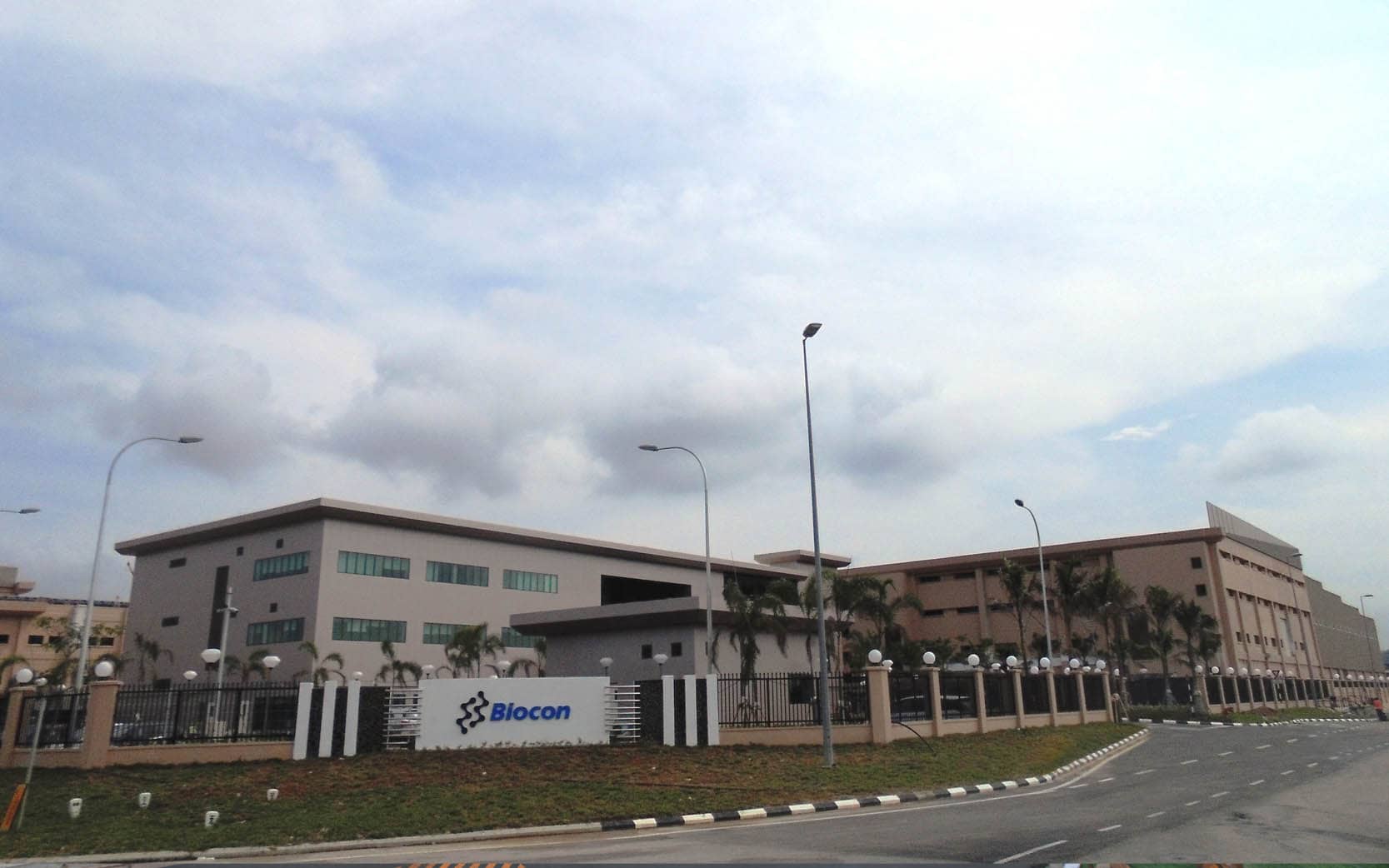- Bone Health
- Immunology
- Hematology
- Respiratory
- Dermatology
- Diabetes
- Gastroenterology
- Neurology
- Oncology
- Ophthalmology
- Rare Disease
- Rheumatology
Biocon Biologics Reports Biosimilar Revenues, Manufacturing Site Corrective Plan
The company said growth into new biosimilar markets fueled revenue growth during the quarter just ended. It is also working to correct factory problems identified in a September FDA inspection.
Year-over-year biosimilar revenues climbed 10% at Biocon Biologics amid a general reduction in income (-18%), the company said in an earnings statement. It expressed confidence in its widening biosimilar portfolio, especially its insulin glargine biosimilar (Semglee), which in July received interchangeable status from the US FDA.
The company said it has submitted a corrective action plan to the FDA for noncompliance issues at its Malaysia manufacturing plant for an insulin aspart biosimilar candidate (Kirsty, Kixelle). The FDA inspected the plant in September 2021 and issued a “Form 483,” noting problems that could stand in the way of marketing approval for the insulin product.
“We believe this will not impact the commercialization plans for biosimilar aspart in the United States,” the company said.
Interchangeable Semglee
Although Semglee was previously sold as a nonbiosimilar with high similarity to the blockbuster insulin product Lantus, its interchangeable biosimilar status will give health care institutions more flexibility to save money on filled prescriptions and potentially increase revenues for Biocon Biologics.
To introduce Semglee as an interchangeable to the US market, the Bengaluru, Karnataka, India, company is counting on Viatris, the newly formed entity from a merger of Pfizer’s Upjohn division and Mylan, which is a longstanding Biocon Biologics commercialization partner.
One of the company’s key recent successes with respect to Semglee is Express Scripts’ decision to place the biosimilar on its National Preferred Formulary. “We expect the formulary coverage to begin in January 2022 and believe Semglee has the potential to bring significant cost savings for patients, employers, and pharmacy benefit managers,” Biocon Biologics said.
Quarterly Revenues
Biocon Biologics said its revenue for biosimilars climbed to $99 million in the quarter just ended from $90 million in the comparable year-ago quarter. Generic medicine revenues were down 12% year-over-year, to $70.6 million this past quarter from $80.5 million in the year-ago quarter.
Net profit dipped 18% year-over-year to finish at $18.4 million vs $22.5 million, although the company said that overall revenue was up 10%.
Among its other achievements, the company said that, with help from Viatris, its bevacizumab biosimilar (Abevmy) was launched in Germany, Croatia, the Czech Republic, Slovakia, and Malaysia.
Biocon Biologics said it received marketing approval for Kirsty from Health Canada, and the product is currently approved for distribution in the European Union.
The company has a contract with Malaysia to supply Abevmy for 2 years. Other markets where biosimilar sales were initiated during the past quarter were Tunisia, Belarus, and Israel.
US Activity
“Market shares of our biosimilar pegfilgrastim [Fulphila] and biosimilar trastuzumab [Ogivri] continue to grow in Europe, with [Ogivri] being the leading biosimilar in some EU markets where our partner Viatris is present,” Biocon Biologics said.
“In the United States, [Ogivri] and [Fulphila] maintained a high single-digit market share, while [Semglee] continues to report a steady increase in market share.”
In other lines of pharmaceuticals, the company said it had joined with Serum Institute Life Sciences to develop vaccines for COVID-19 and mosquito-borne infections.
A partnership with Boston-based Adagio Therapeutics has the potential for development of a novel antibody therapy for COVID-19, with a possible emergency use authorization application in the United States early in 2022, Biocon Biologics said.
Newsletter
Where clinical, regulatory, and economic perspectives converge—sign up for Center for Biosimilars® emails to get expert insights on emerging treatment paradigms, biosimilar policy, and real-world outcomes that shape patient care.

